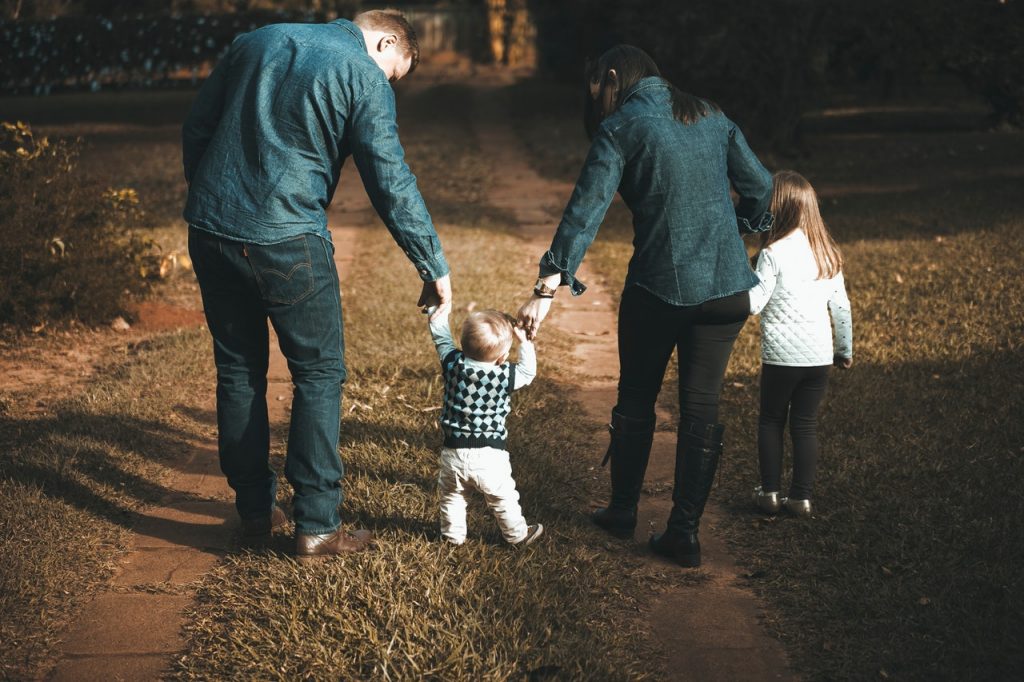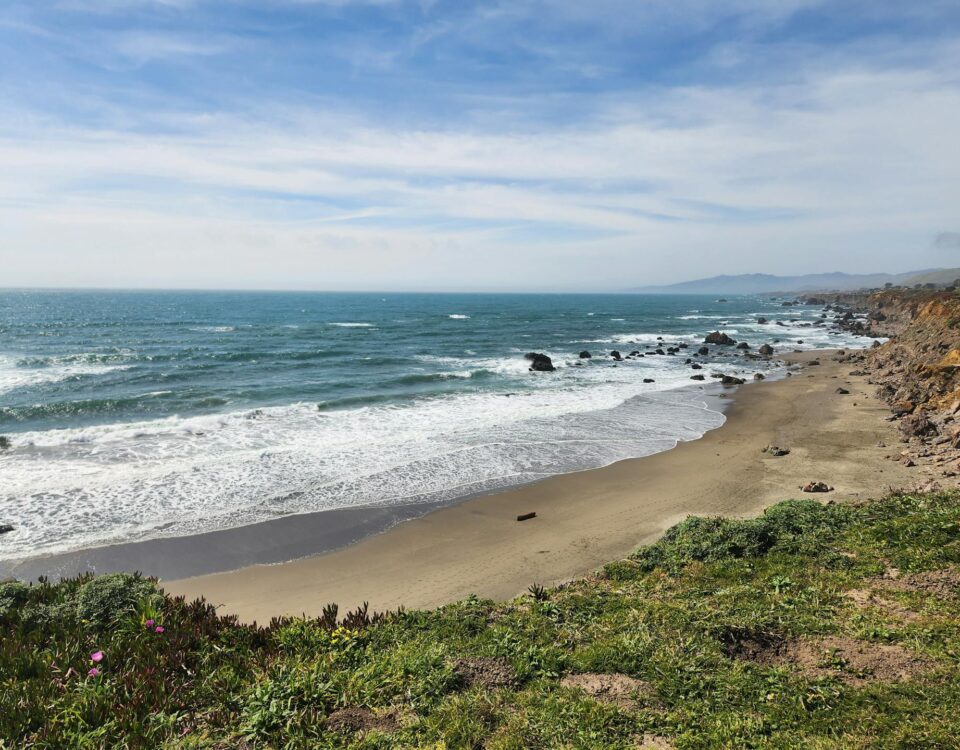
7 Tips for Making Your Halloween Pumpkins Last
September 19, 2019
Destress Your Holidays in Less Than 10 Minutes
November 19, 2019Rolling Blackouts the New Normal?
PG&E this year has taken preemptive actions to avoid wildfires caused by their equipment and dry conditions in California. It’s a complicated situation, but preparing for a planned outage can be simple. With many of us being inconvenienced by the outages of two weeks ago we thought it would be helpful to our clients if we compiled a simple lists of how to prepare for an electrical outage lasting a few days. There are some tips in our list that you generally don’t see explained on other websites, so please read through carefully.
How Power Outages Impact Our Lives
Extended power outages may impact the your whole community and the surrounding economy. A power outage is when the electrical power goes out unexpectedly. A power outage may:
- Disrupt communications, water, and transportation.
- Retail businesses, grocery stores, gas stations, ATMs, banks, and other services may be closed.
- An extended outage can cause food spoilage and water contamination.
- A power outage prevents the use of medical devices unless you have backup power.
Protecting Yourself During a Power Outage
- Keep freezers and refrigerators closed for the duration of the outage.
- Only use gas and propane generators outdoors and away from windows, solar only generators can be used indoors.
- Do not use your gas stove to heat your home.
- Disconnect your appliances and electronics to avoid damage from electrical surges. Computer, TV’s and refrigerators are most at risk.
- Have an alternate plan for refrigerating medicines or using power-dependent medical devices.
- Check on your neighbors especially your more elderly neighbors.
Staying Safe During an Extended Power Outage
Before an Electrical Outage:
- Take an inventory of the items you need that rely on electricity in your home or business.
- Talk to your doctor about a power outage plan for medical devices powered by electricity and refrigerated medicines. Find out how long your medications can be stored at higher temperatures and get specific guidance for any medications that are critical for life.
- Plan for batteries, battery powered lanterns, headlamps, book lights, and a corded phone phone and other alternatives to meet your needs when the power goes out.
- If you buy a generator and want to safely run your refrigerator, TV and computers make sure it’s a inverter generator that produces consistent power.
- Sign up for local alerts and warning systems. Monitor weather reports.
- Install carbon monoxide detectors with battery backup in central locations on every level of your home.
- Determine whether your home phone will work in a power outage and how long battery backup will last.
- Review your supplies that are available in case of a power outage. Have flashlights with extra batteries for every household member. Have enough nonperishable food and water. Make sure that you carry a small flashlight in your pocket in case the power goes out after dark, especially if you are more mature and have balance or walking challenges.
- Use a thermometer in the refrigerator and freezer so that you can know the temperature when the power is restored. Throw out food if the temperature is 40 degrees or higher.
- Keep mobile phones and other electric equipment charged and gas tanks full. Keep in mind that cell phones will probably go down in an electrical outage unless your nearby tower has generator backup, so a corded phone that doesn’t rely on AC is great for keeping in touch with family and emergencies.
Safety During an Electrical Outage
- Keep freezers and refrigerators closed. The refrigerator will keep food cold for about four hours. A full freezer will keep the temperature for about 48 hours. Use coolers with ice if necessary. Monitor temperatures with a thermometer.
- Maintain food supplies that do not require refrigeration. Stock up on some great nibble food; such as protein bars, dry cereal, crackers, fruit, and such.
- Avoid carbon monoxide poisoning. Generators, camp stoves, or charcoal grills should always be used outdoors and at least 20 feet away from windows. Never use a gas stovetop or oven to heat your home.
- Check on your neighbors. Older adults and young children are especially vulnerable to electrical outages.
- Go to a community location with power if heat or cold is extreme.
- Turn off or disconnect appliances, equipment, or electronics. Power may return with momentary “surges” or “spikes” that can cause damage.
- Have a plan in place so each family member knows what to expect. Also set up a phone tree to get in touch with friends and family to get out the word that you have no power and when power is expected to be restored.
I think we would all agree that a 2-3 day power outage is a wise choice over a wildfire that ravages a community; it gives us a chance to come together as family and community while helping one another. Stay safe, enjoy the quiet, try to relax, and enjoy the down time. We live in interesting times with climate change creating challenges for our world, community and families–let us focus on what truly matters in our lives and live in gratitude.




